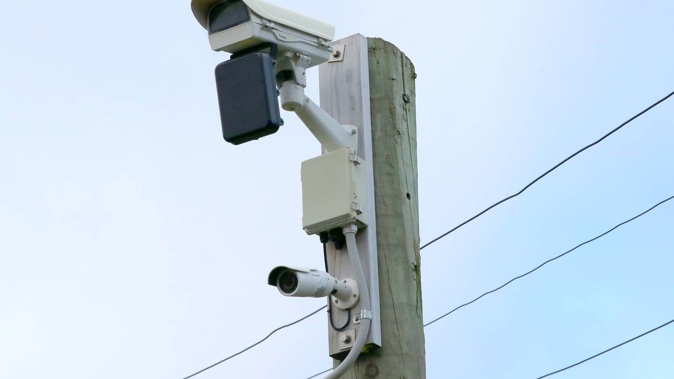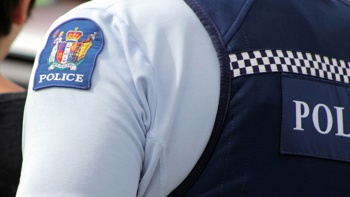
Cameras continue to play a key role in preventing and investigating poaching, theft and drug dealing in rural Whanganui.
Whanganui Police rural liaison officer Senior Constable Keith Butters said there were now between 50 and 60 cameras in operation, all privately owned.
“We cover a huge rural area and we can’t always be there,” he said.
“Our eyes are the cameras and all these communities have given police access to them, even though they own them and they pay for them.
“The newer ones going in also have colour view at night. That’s another tool for us to use.”
Butters said there had been “fantastic catches” of people stealing stock.
The perpetrators had driven past a camera without realising and even stopped in its sights with the animals on board.
Poaching was an issue that got local residents particularly irate, he said.
“People come from all over the country to Whanganui because of the deer numbers around the roads.
“Someone from out of the area is shooting from the road, which is illegal anyway, with a high-powered rifle.
“They have no idea what else is out there in the dark. It could be someone’s house.”
One case involved a farmer hearing gunshots and seeing spotlights before a vehicle disappeared.
The camera was the only thing that could identify them.
“They might be in Wellington and get a phone call from us saying, ‘What were you doing up there?’” Butters said.
“Straight away, you can hear the phone go quiet.”
Whanganui Rural Community Board chairman David Wells. Photo / Bevan Conley
Butters said the cameras had also gathered evidence of drug dealing.
While that hadn’t been enough to lay charges, it was part of the picture.
“It’s so people can’t deny things. We have them going past an area at a certain time and coming out at a certain time.”
The Whanganui Rural Community Board has just renewed its contract with Graham Palamountain, of Town and Country TV and Surveillance Solutions, for the maintenance of 13 cameras.
The board has contributed funding toward the installation costs of the cameras since 2017.
Board chairman David Wells said the police had got some good scores from them, including a poacher who was gutting a deer right underneath one.
“We think [cameras] are a good community asset,” he said.
“The Community Board involvement has been significant in getting the network to where it is now.
“The technology has improved a lot too, even in the last five years.”
An “idiot with big bullbars on his ute” had deliberately knocked over a camera at Mangamahu in the past few months, but it was back up and running, Wells said.
Butters said data showed drops in crime where the cameras had been installed and urged farmers to invest in them.
“Now the price of fuel has gone up, put cameras facing your diesel pump. Contractors are the biggest victims of that at the moment, as well as farmers.
“If combine harvesters or tractors are left in paddocks overnight, they are always going to be a target.
“Whenever you see things go up [in price], that always has a ripple-on effect. If meat goes up, you’ll see more sheep and cattle killed.”
The cameras in Whanganui were very visible, Butters said.
“There was one case where a bloke has driven up to the camera and you can see him looking at it through his windscreen. He’s turned around and gone back out.
“That’s my biggest thing - using them for prevention rather than evidence.
“If you’re using it for evidence, you’ve already got a victim.”
Mike Tweed is an assistant news director and multimedia journalist at the Whanganui Chronicle. Since starting in March 2020, he has dabbled in everything from sport to music. At present his focus is local government, primarily the Whanganui District Council.
Take your Radio, Podcasts and Music with you

/cloudfront-ap-southeast-2.images.arcpublishing.com/nzme/ZYDWQQU6LNAXRA3IKPRBIKOLWM.JPG)








